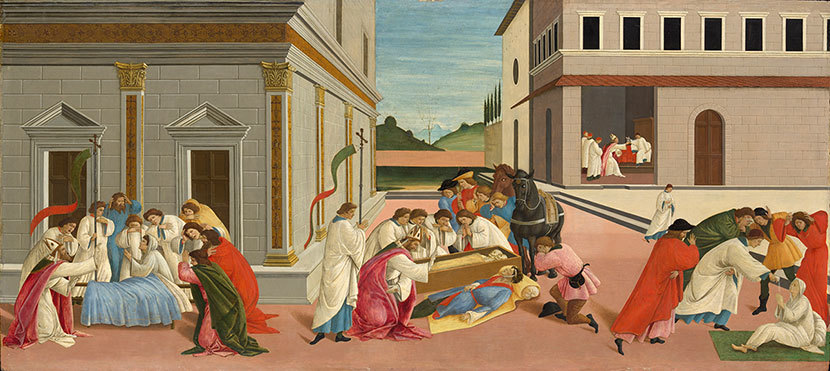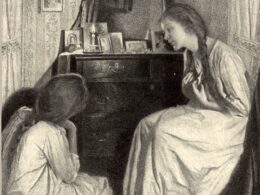Jean Stafford (1915–1979)
From Jean Stafford: Complete Stories & Other Writings

Seventy-five years ago, just hours before Jean Stafford voluntarily submitted herself to the care of a New York hospital for treatment of her alcoholism, she ran out to get a blouse from the cleaners—and ran into the author Delmore Schwartz, one of her closest drinking buddies.
“I walked to Washington Square with him and we sat there for a little while,” she later wrote. He suggested they have dinner that night and she responded that she needed to be somewhere that afternoon. “Where are you going?” he asked. “You have been among strangers for a long time.” After a moment she “looked at him (he looked dreadful) and it seemed to me that he was the stranger, he was the embodiment of all the strangers I had been with for years and years.” She went back to her hotel, checked out, and then checked into the clinic, where she remained for a full year. That chance meeting, improbably enough, became the kernel of one of Stafford’s most famous stories, “Children Are Bored on Sunday,” which reimagines the encounter taking place after its lead character has recovered from an unspecified illness.
During her first decade in New York, Stafford increasingly worried that she didn’t belong—and never would belong—to the intimidating circle of “intellectuals” with which she and her husband, the poet Robert Lowell, surrounded themselves. “Children Are Bored on Sunday” pits this longing to be accepted by a group against the ever-present fear of being looked down upon. The story, which alienated some of the very group it described, was the first of twenty-four pieces of fiction Stafford would write for The New Yorker, and we present it, with some additional background, as our Story of the Week selection.



